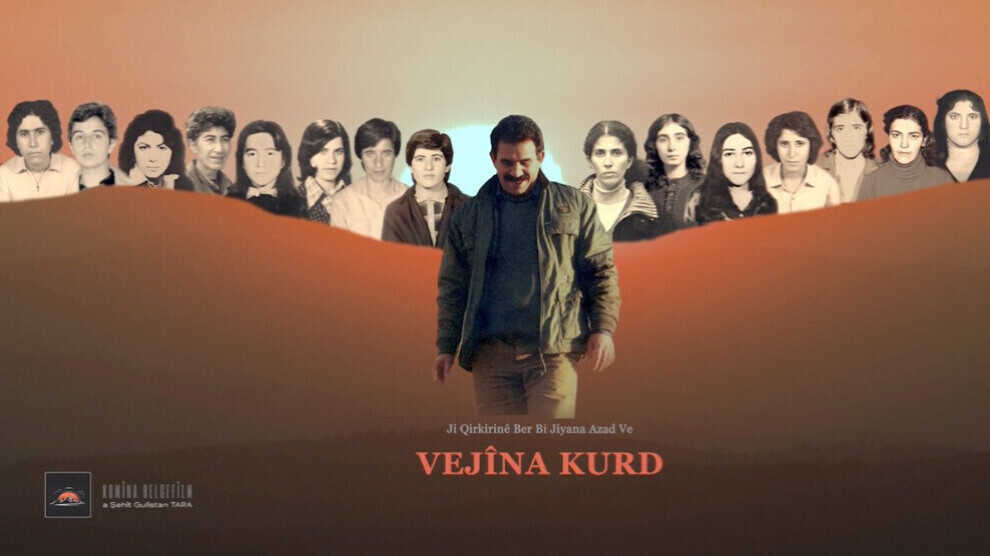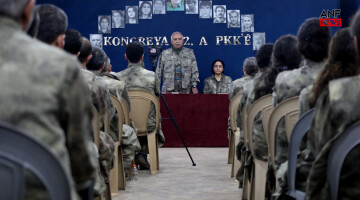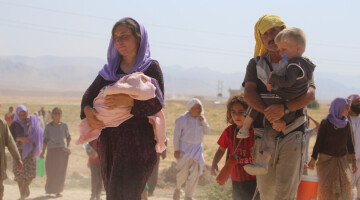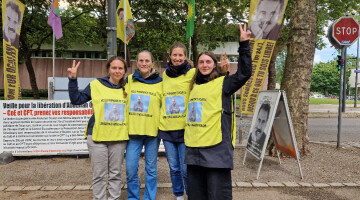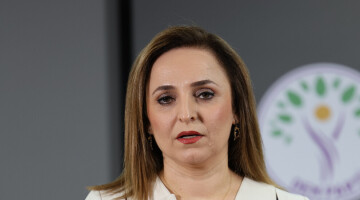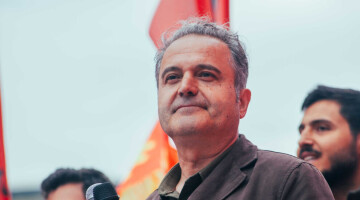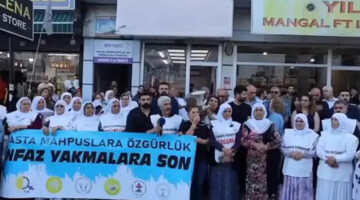The Kurdish documentary series “Ji qirkirinê ber bi jiyana azad ve – Vejîna Kurd” (From Genocide to a Free Life – The Kurdish Resurrection) is now available on its own website. The eight episodes released so far of the 90-part series, produced by the Gulistan Tara Documentary Commune, can now be streamed and downloaded at www.kominatara.com and on the Telegram channel https://t.me/taradokumanter.
After airing on Kurdish television stations Stêrk TV (Wednesdays) and Medya Haber TV (Fridays), the YouTube channel of the series was repeatedly subjected to state blocking measures and digital restrictions by Turkish authorities. To circumvent these blockades, an alternative access point was created for interested viewers.
Next episode focuses on the early losses of the movement
The ninth episode of the series, which is due to be released shortly, is entitled “Death in the Line of Duty.” It focuses on the early years of the Kurdish freedom movement and the deliberate political and organizational development by PKK founder Abdullah Öcalan.
Specifically, the episode deals with Necati Kaya's (“Pilot”) efforts to infiltrate Öcalan's early group and sheds light on the fates of revolutionaries Fevzi Aslansoy, Ali Doğan Yıldırım, and Aydın Gül, who lost their lives in the late 1970s in the context of the emerging movement. It not only addresses their personalities and attitudes toward resistance, but also the tensions with Turkish left-wing groups and reformist-nationalist Kurdish movements of the time.
Documentary about a movement
The documentary series is intended as a contribution to the political culture of remembrance of the Kurdish freedom movement and aims to make historical stages, personalities, and turning points accessible from a Kurdish perspective. In addition to film material, contemporary witnesses have their say, and archive footage is classified and placed in its historical context.
Despite multiple restrictions imposed by government agencies, the episodes released so far have been very well received, especially by young audiences in Germany and abroad who are looking for alternative historical narratives, according to the commune.

